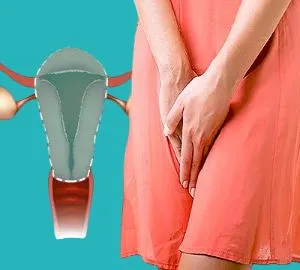Some women may feel embarrassed when talking about vaginal dryness, even though it is one of the most common women's problems. This condition can appear at any age, especially after childbirth, during breastfeeding, or with menopause. It often affects daily comfort and marital relations.
What is vaginal dryness?
Vaginal dryness is a common problem that many women may face at various stages of their lives. It usually occurs as a result of a lack of natural lubrication within the vagina, which can cause discomfort or pain during sexual intercourse. Although the problem can be annoying, it is easily treatable, using both natural and medical methods.
Causes of Vaginal Dryness
There are several factors that can lead to vaginal dryness, the most important of which are:
- Estrogen deficiency: This is most evident after menopause or during breastfeeding.
- Use of certain medications: such as antidepressants or allergy medications.
- Anxiety and psychological stress: Stress affects the body's natural hydration.
- Lack of sexual arousal: This reduces natural secretions during intercourse.
- Other health factors: such as smoking, chemotherapy or radiation therapy, and some chronic diseases.
Symptoms of Vaginal Dryness
Some symptoms that indicate vaginal dryness include:
- Itching or irritation in the intimate area.
- Pain or burning during intercourse.
- Light bleeding or discharge after intercourse.
- Recurrent infections due to poor lubrication.
How to avoid vaginal dryness? Natural treatment tips

Some simple changes can help alleviate dryness, such as:
- Using natural oils such as coconut oil or olive oil as external moisturizers.
- Drink adequate amounts of water daily to maintain hydration.
- Exercising regularly to stimulate circulation.
- Performing Kegel exercises to strengthen the pelvic muscles and improve blood flow.
- Avoiding chemical vaginal douches, which can increase dryness.